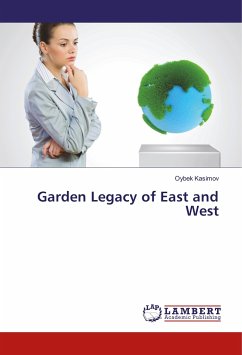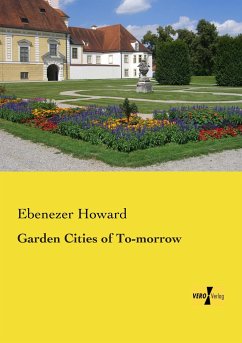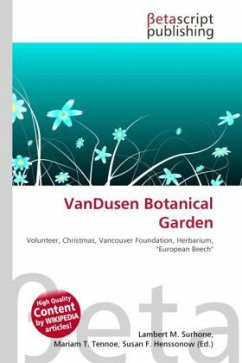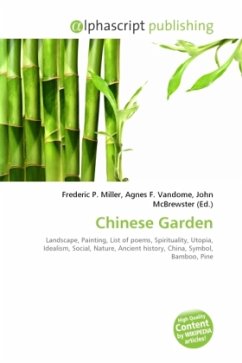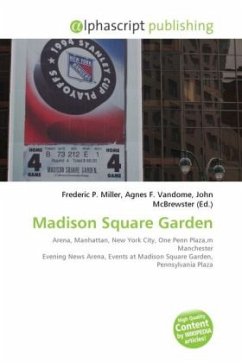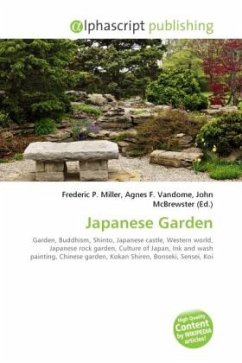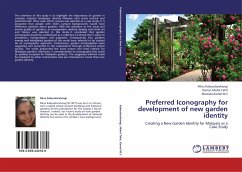
Preferred Iconography for development of new garden identity
Creating a New Garden Identity for Malaysia as a Case Study
Versandkostenfrei!
Versandfertig in 6-10 Tagen
52,99 €
inkl. MwSt.

PAYBACK Punkte
26 °P sammeln!
The intention of this study is to highlight the importance of garden in creating national landscape identity. Malaysia with great interest and potential with three main ethnic groups was selected as a case study. It is presumed that people with divers cultural backgrounds would have difference opinions about gardens. With the attention to the visual and artistic quality of gardens, an iconographic method dealing with both art and history was selected in this study. It concluded that garden iconography should be understood as a collection of stimuli that is open to perception, interpretation, a...
The intention of this study is to highlight the importance of garden in creating national landscape identity. Malaysia with great interest and potential with three main ethnic groups was selected as a case study. It is presumed that people with divers cultural backgrounds would have difference opinions about gardens. With the attention to the visual and artistic quality of gardens, an iconographic method dealing with both art and history was selected in this study. It concluded that garden iconography should be understood as a collection of stimuli that is open to perception, interpretation, and judgment. Consequently, four gardens among well established gardens of the world were selected to be studied via an iconographic approach. Furthermore, garden iconographies were suggested and presented to the respondents through preference photo surveys. The result pinpointed the exact nature and total interest for Malaysian gardens. Moreover, it conceptualized an iconography that could be publicly accepted for Malaysian gardens. The suggested method could be employed by other communities who are interested to create their new garden identity.



